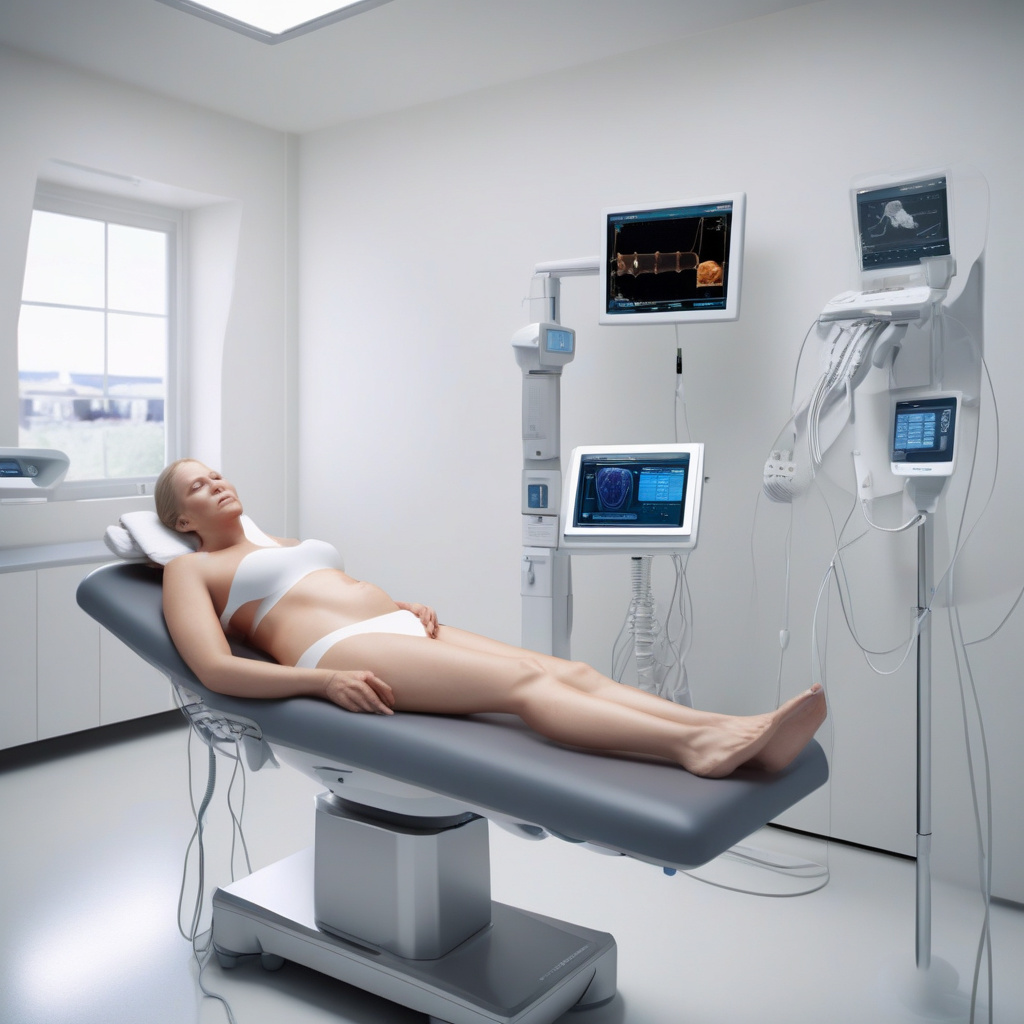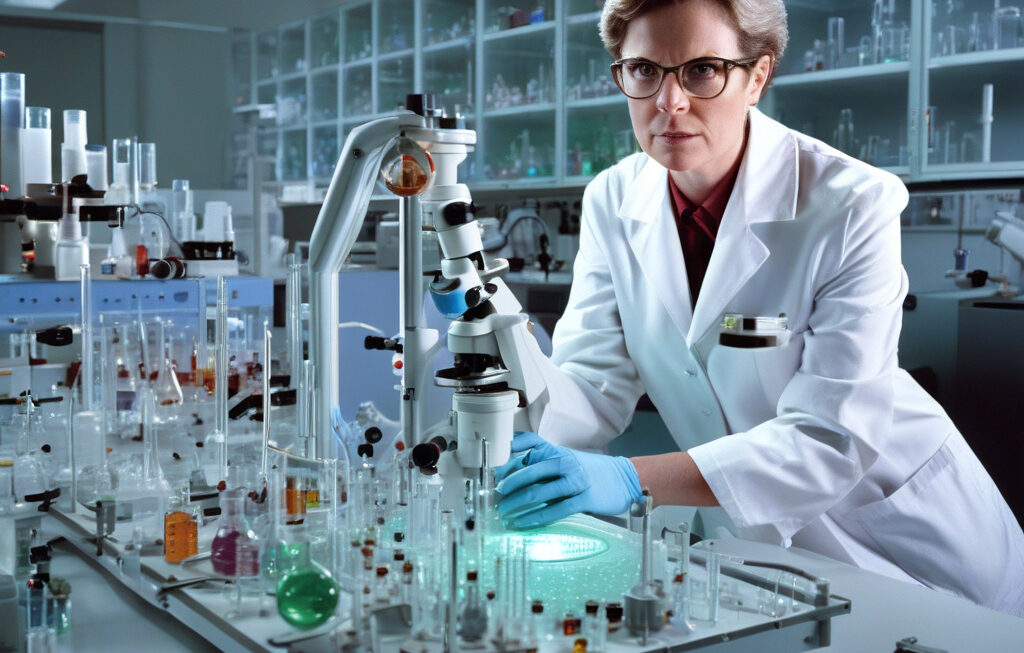Ultrasound Tech Charges Implant Batteries in Under Two Hours, No Surgery Required
As the demand for implantable medical devices surges worldwide, so do concerns about their long-term maintenance and sustainability. The need for frequent surgeries to replace or recharge batteries in such devices has been a significant drawback, often leading to increased healthcare costs and patient inconvenience. However, a groundbreaking innovation in ultrasound technology is set to change the game by enabling the wireless charging of implant batteries in under two hours, without the need for any invasive procedures.
This revolutionary technology, developed by a team of researchers at a leading medical device company, utilizes ultrasound waves to wirelessly charge the batteries of implantable devices. Unlike traditional methods that require surgical intervention to replace or recharge batteries, this non-invasive approach offers a convenient and efficient solution for patients with implantable medical devices.
One of the key advantages of this ultrasound-based charging system is its speed and effectiveness. In under two hours, the implant batteries can be fully recharged, allowing patients to quickly resume their daily activities without the need for a prolonged hospital stay or recovery period. This not only enhances the overall patient experience but also reduces healthcare costs associated with frequent battery replacements and surgeries.
Moreover, the use of ultrasound technology for charging implant batteries eliminates the risks and complications often associated with surgical procedures. By leveraging non-invasive and safe ultrasound waves, this innovative approach minimizes the chances of infection, tissue damage, and other potential side effects, offering a more reliable and patient-friendly solution for long-term battery maintenance.
In addition to its efficiency and safety, the ultrasound-based charging system is also highly versatile and compatible with a wide range of implantable medical devices. Whether it’s cardiac pacemakers, neurostimulators, or drug delivery systems, this technology can be seamlessly integrated into various types of implants, providing a universal solution for healthcare providers and patients alike.
The potential impact of this breakthrough innovation extends beyond just the healthcare sector. By reducing the need for frequent surgeries and hospital visits related to implant maintenance, the ultrasound-based charging system contributes to a more sustainable and eco-friendly healthcare system. With fewer medical waste products and lower energy consumption compared to traditional battery replacement methods, this technology aligns with the growing global emphasis on environmental responsibility and resource efficiency.
In conclusion, the development of ultrasound technology for charging implant batteries represents a significant leap forward in the field of medical device innovation. By offering a fast, safe, and cost-effective solution for long-term battery maintenance, this breakthrough has the potential to enhance patient care, streamline healthcare operations, and promote sustainability in the medical industry. As the demand for implantable medical devices continues to rise, innovations like this ultrasound-based charging system pave the way for a more efficient and patient-centered approach to healthcare technology.
implantable devices, ultrasound technology, medical innovation, patient care, sustainable healthcare












